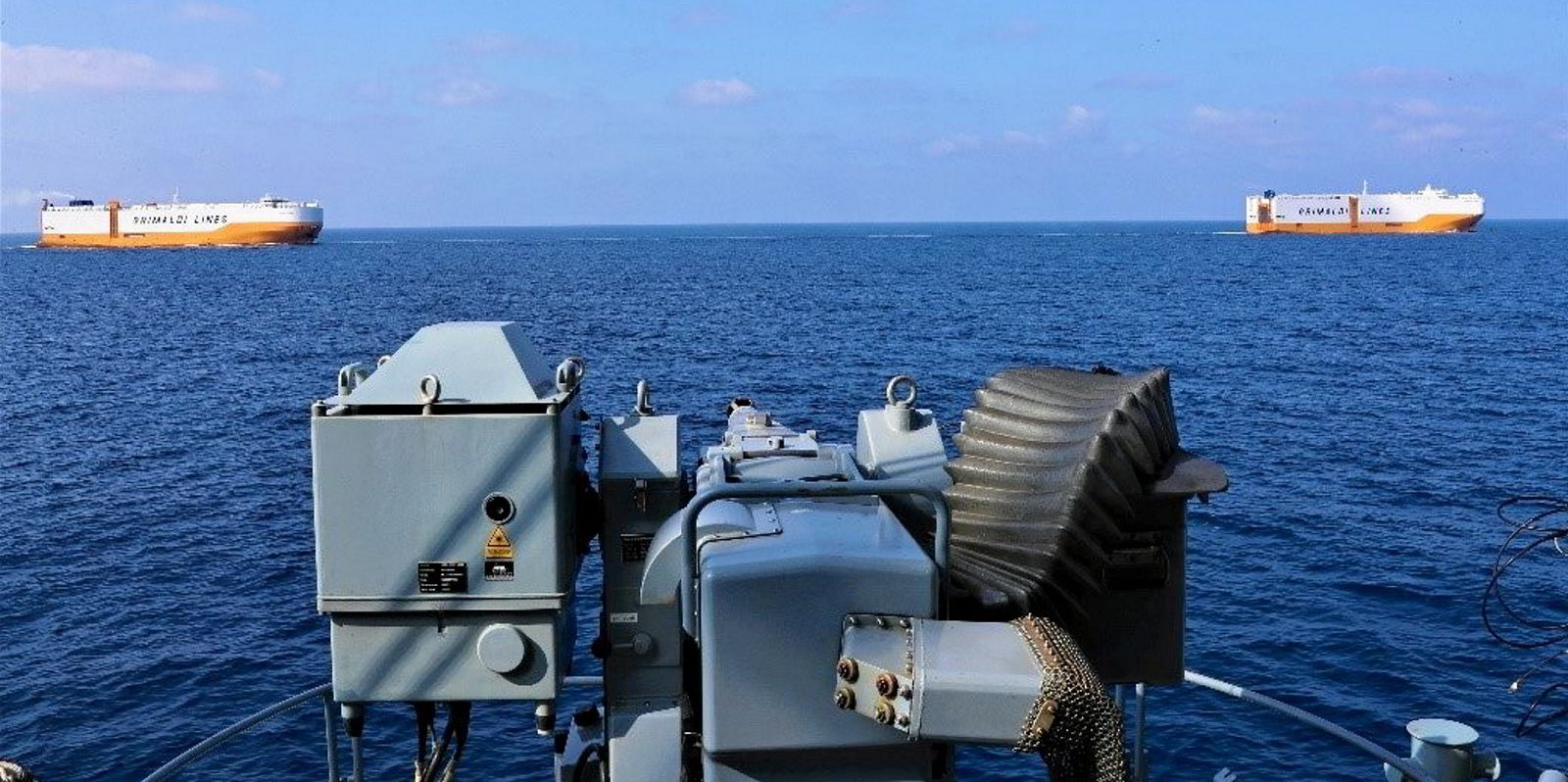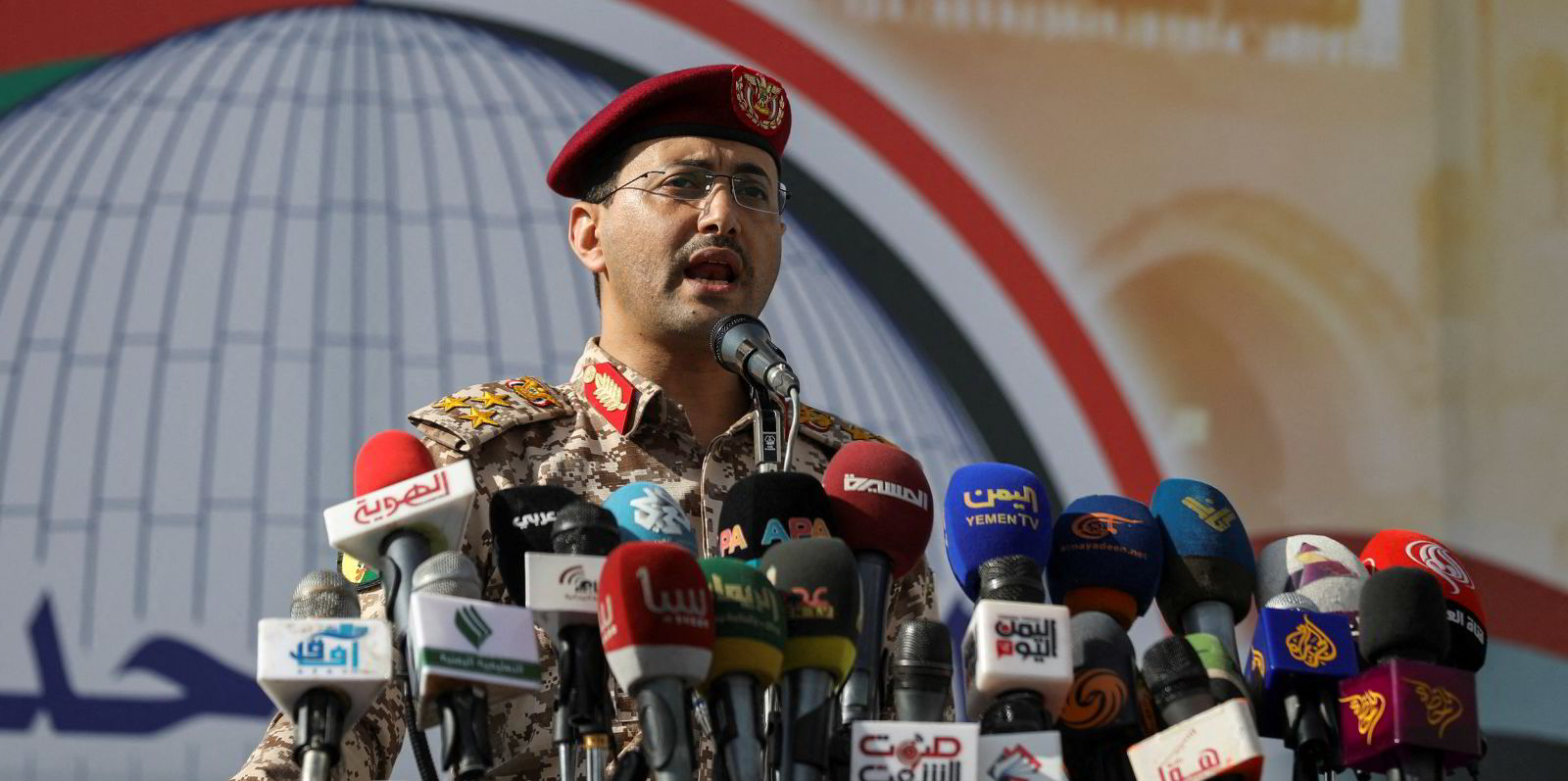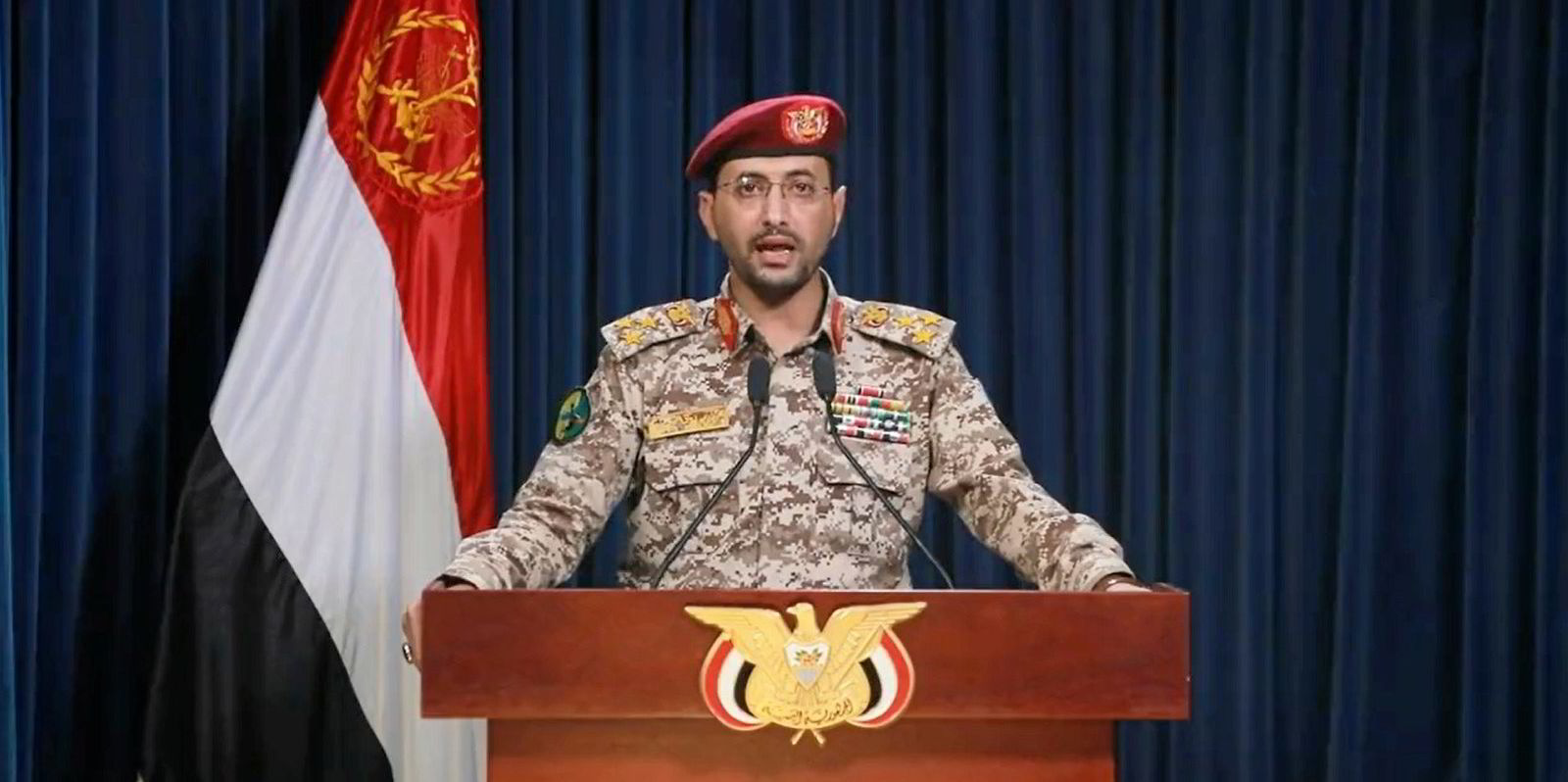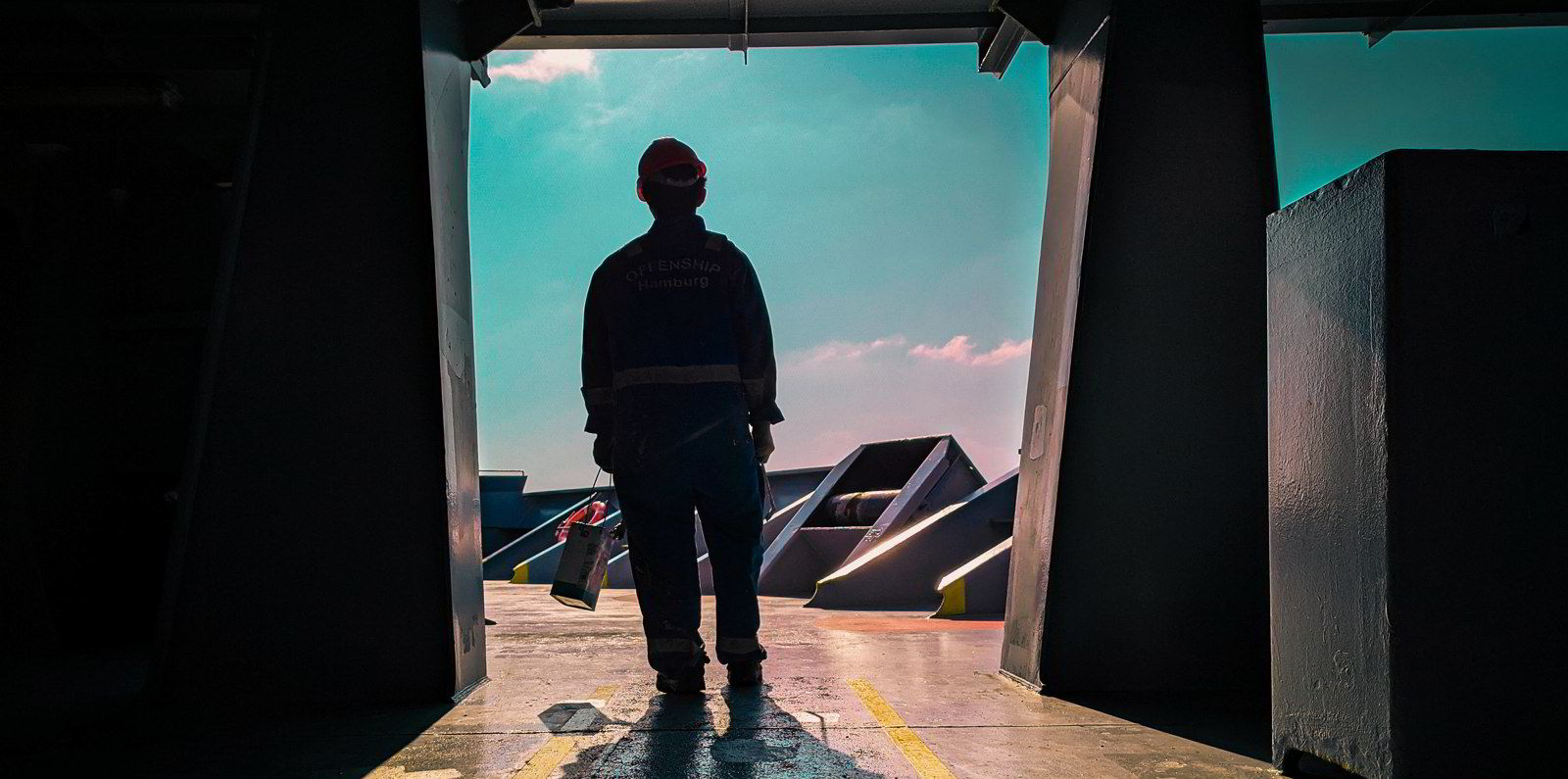As the war between Israel and Hamas enters its eighth month, the expected assault on Rafah in Gaza is a sign that even a temporary peace may still be far off, although reports on Monday indicated that the Palestinian group has accepted a ceasefire proposal.
And while the world watches, the Iranian-backed Houthis are also paying attention, as they see a Rafah operation as an excuse to continue their ruthless assault on shipping in the Red Sea, Gulf of Aden and beyond.
The geopolitical quagmire of the Middle East has some in the industry, including the world’s second-largest container liner operator, bracing for longer disruption in the key maritime trade lane menaced by the Houthis.
And, following a recent attack on a container ship far into the Indian Ocean, the risk from the militant group now stretches over a wider geographical reach.
In February, container shipping giant AP Moller-Maersk already said that the disruption in the southern Red Sea could continue into the second half of this year.
But last week, during the Danish company’s conference call with analysts, chief executive Vincent Clerc lengthened that forecast with the addition of two words — “well into” — to the description of the timeframe.
That came as the company lifted its earnings outlook. Disruption, after all, is proving profitable to container shipping.
“On the back of a strong container market and the Red Sea disruptions likely to remain well into the second half of this year, we raised the lower end of our financial guidance,” Clerc said.
On Monday, Maersk told customers that it would continue diverting ships around Africa’s Cape of Good Hope, instead of risking passage through the Houthi-controlled areas to reach the Suez Canal.
But that journey is getting even longer.
“The risk zone has expanded, and attacks are reaching further offshore,” Maersk told customers. “This has forced our vessels to lengthen their journey further, resulting in additional time and costs to get your cargo to its destination for the time being.”
As TradeWinds reported last week, the Houthis were able to score minor damage on an MSC Mediterranean Shipping Company vessel in an attack that showed the group could reach far beyond the Gulf of Aden.
The Swiss giant’s 14,900-teu container ship MSC Orion (built 2020) was 170 nautical miles (314 km) from the Yemeni island of Socotra and more than 300 nautical miles from the Horn of Africa when the apparent drone attack took place.
Furthermore, the Houthis have used the potential Rafah assault as a reason to launch what they described as their fourth phase of escalation against shipping that threatened to reach into new waters.
“We will target any ships heading to Israeli ports in the Mediterranean Sea in any area we are able to reach,” Houthi military spokesman Yahya Saree said in a statement posted on an official website run by the group, formally known as Ansar Allah.

Following the threat, maritime security firm Ambrey Analytics said the Houthis possess drones capable of reaching the Mediterranean, although if deployed from Yemen, these would likely encounter interception by coalition forces.
Until key shipping sectors feel safe enough to re-enter the embattled waters of the southern Red Sea, the supply-side impact of the Houthi threat is significant.
Maersk estimated on Monday that in the container industry alone, a capacity loss of 15% to 20% can be expected in the trade between the Far East and Europe during the second quarter of this year.
“The knock-on effects of the situation have included bottlenecks and vessel bunching, as well as delays and equipment and capacity shortages,” the company said.
For container liner operators, a longer, wider area of disruption can mean higher revenues as tonne-miles lengthen and shipping capacity is tied up, although it can also mean higher time charter and fuel costs.
For their customers, these are all sources of frustration. For seafarers navigating perilous waters or those in formerly secure areas now facing heightened risk, safety concerns deepen.
And if the Houthis do manage to strike in the Mediterranean, this could be a completely different ballgame.





